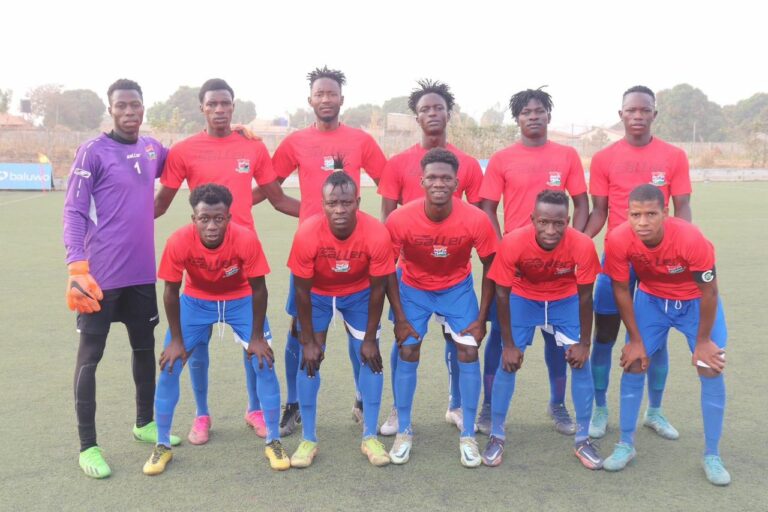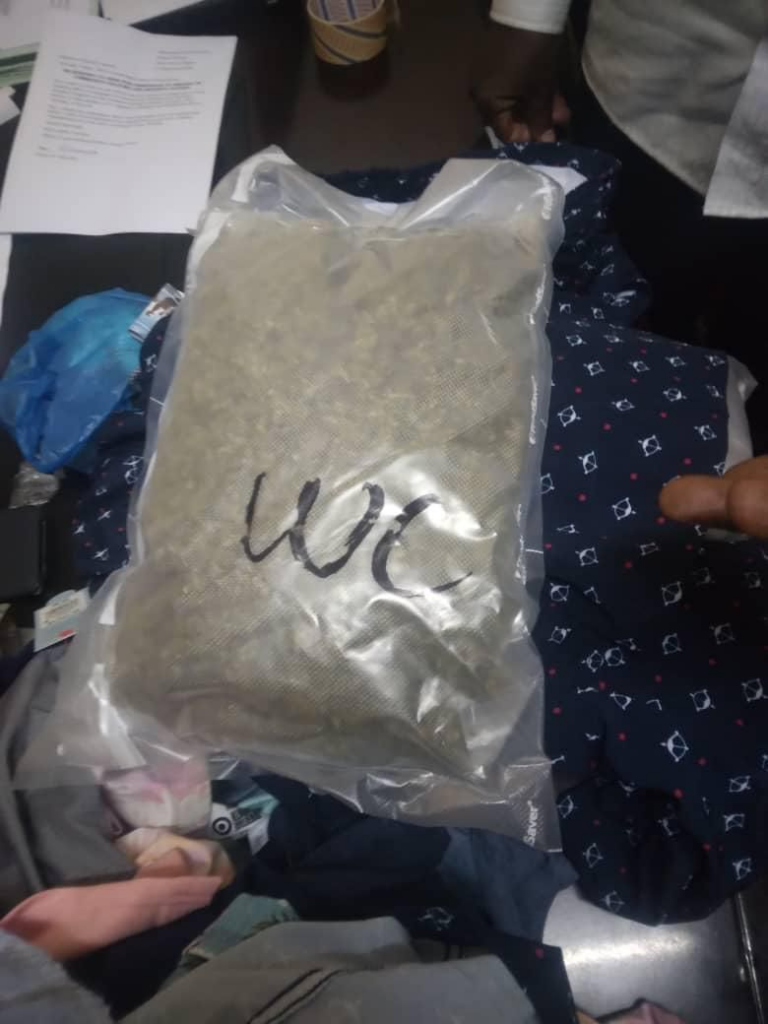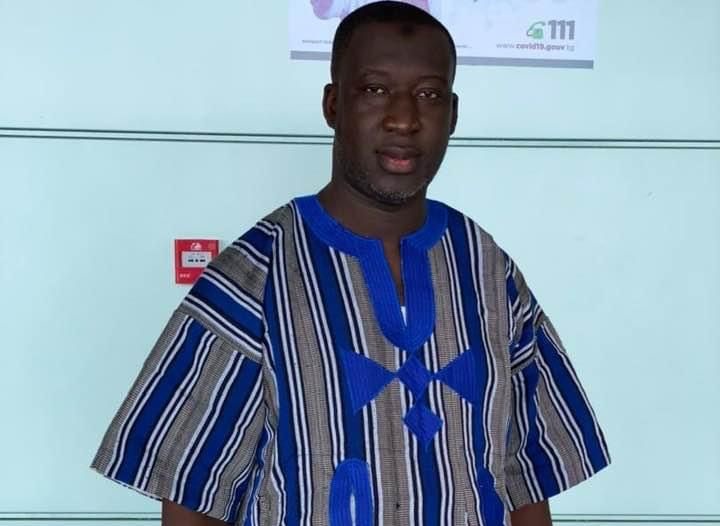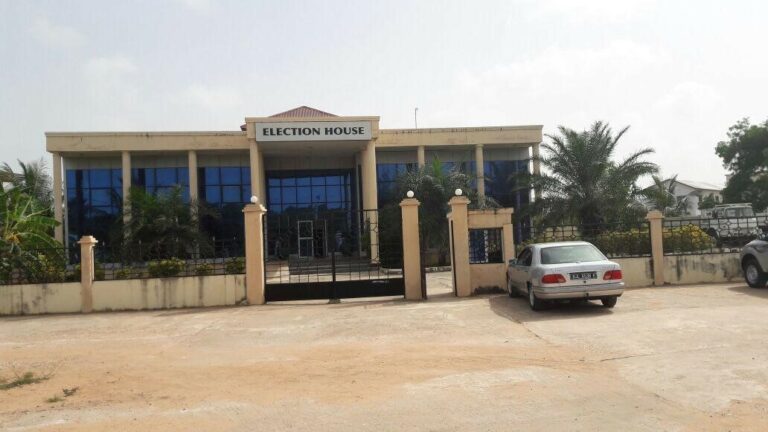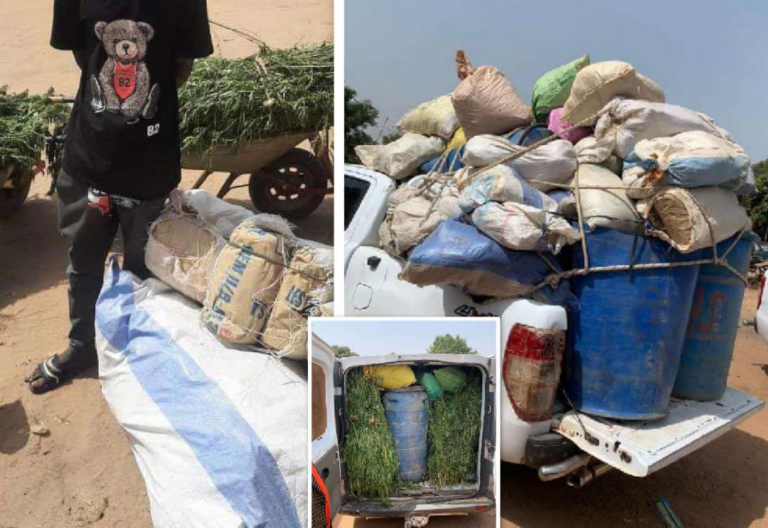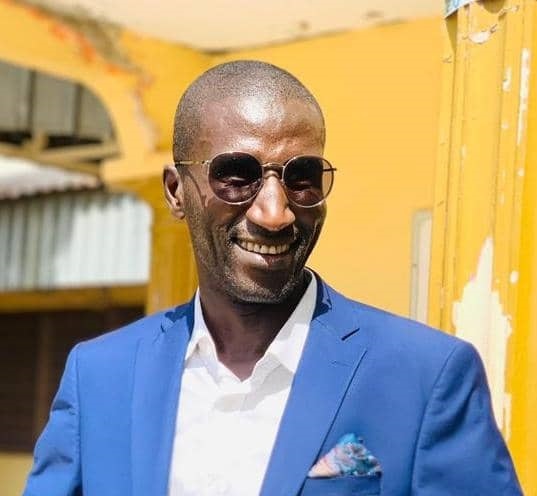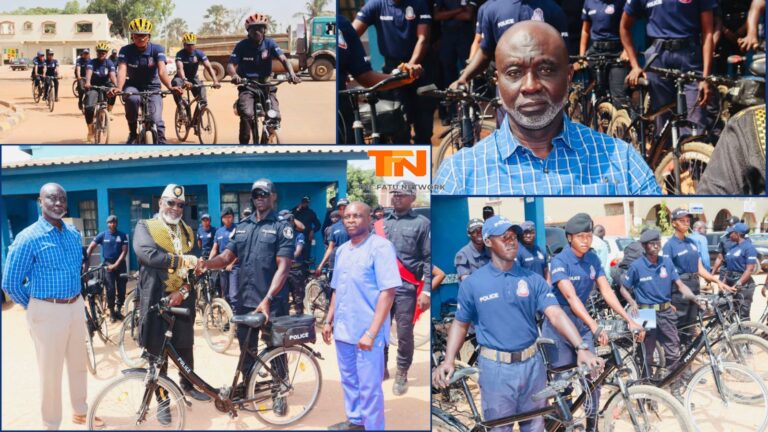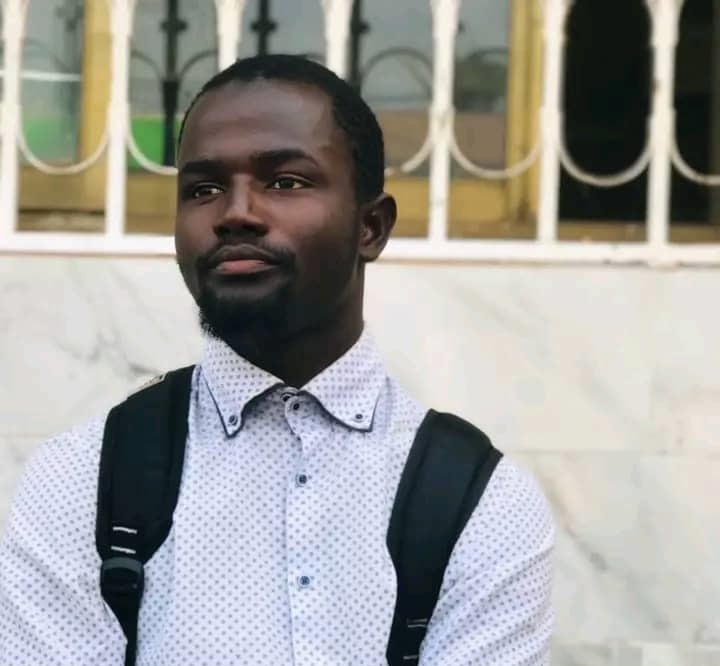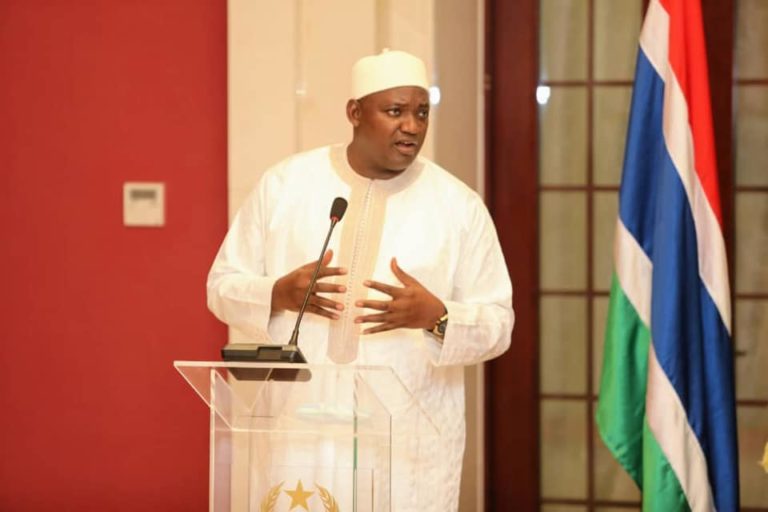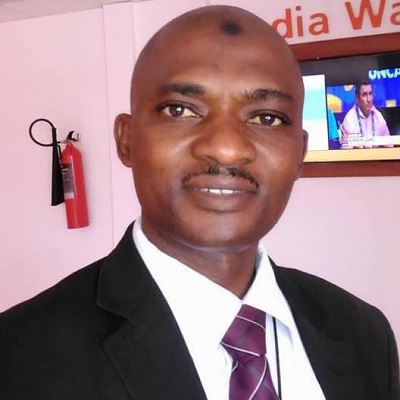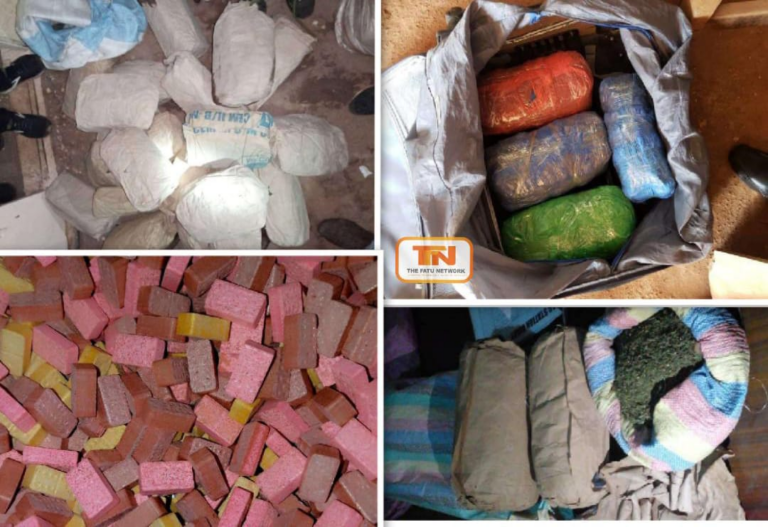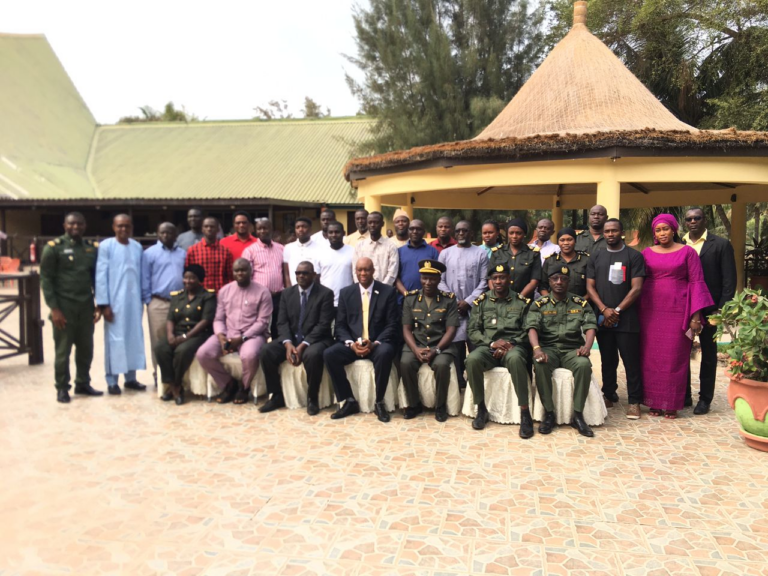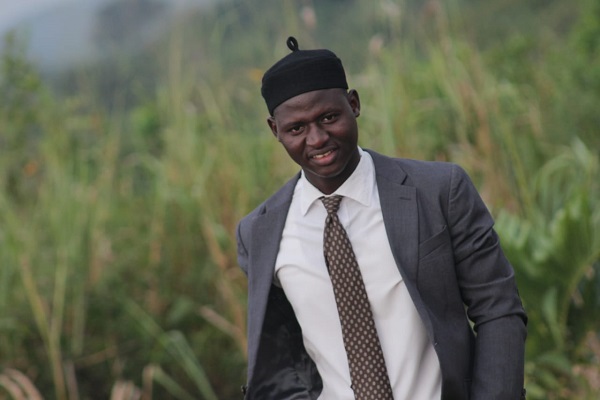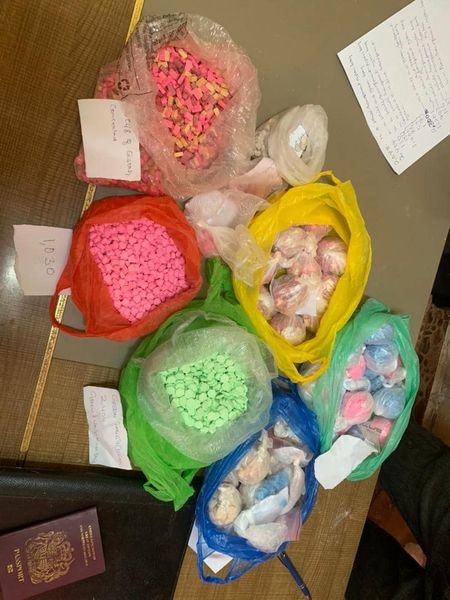By: Alieu Fatty; student, International Ahmadiyya University of Theology and Scholastic Sciences in Ghana
It is often the custom of some people that whenever they have a desire to practise anything for personal gains, they obsessively use religion as a scapegoat in filling their vested interest. One such very common and debatable issue is the practice of FGM (Female Genital Mutilation).
The 6th of February every year is commemorated as the International Day of Zero Tolerance to Female Genital Mutilation around the world. The United Nations declared this day in 2003 as part of its blueprint to bring a total end to the genital mutilation of women and girls across the world and to raise awareness against its practice and dangers.
A few days ago, I read from an online news website in the Gambia that reports that ‘an elderly woman’ was monitored by GAMCOTRAP an anti-FGM campaign group for subjecting some young girls to this barbaric and cruel act around the province of the Gambia in the Central River Region, although, the Constitution of the Gambia outlaws the practice of FGM. However, the Gambia isn’t alone in this evil practice, there are pelting records which indicate its practice in other parts of Africa and the large world. (Blocktvgambia.come/2023/01/30/a-woman-is-under-investigation-for-allegedly-circumcising-girls)
Inherently, what makes this atrocious and ungodly practice seemingly difficult to abolish is the fact that many folks have falsely taken it to be endorsed by religion, more especially, the religion of Islam just to achieve their self-centred goals. Some of its ardent advocates have argued how the practice is important to ensure a woman’s virginity before marriage and is symbolic of a woman’s virtue and dignity.
In the Holy Qur’an, Allah, the Almighty has very beautifully addressed the Muslims that He created wives for men so that they find ‘peace of mind’ together and that ‘He has put love and tenderness’ between spouses. Nothing in this verse gives the understanding that FGM would be necessary or desired, to attain the ideal marital relationship.
So, the truth of the matter remains, as far as Islam is concerned this practice is inhumane, it has no room in Islam and it’s a total violation of the human right of girls and women.
There are no Quranic or Hadith commandments that substantiate the practice of FGM. Any teaching which is against the human right of women and girls can’t be taught by the Holy Prophet Muhammad (saw). For example, according to a companion of the Holy Prophet (saw), Abu Shuraim Khuwailad ibn Amr Khuzai relates that the Holy Prophet Muhammad (saw) said: Allah, I declare sinful any failure to safeguard the rights of two weak ones, orphan and women (Nisai). Muhammad Zafrullah Khan, Women in Islam (Tilford, Surrey, UK Islam International Publications Ltd, 2008) P 31.
What is FGM?
FGM “entails all procedures that involve partial or total removal of the external female genitalia, or other injuries to the female genital organs for a nonmedical reason”. “Female Genital Mutilation”, World Health Organization, last modified February 2014, http.who.int/mediacentre/factsheets/fs241/en/.
The practice of FGM is highly conducted in most African countries, Gambia, Nigeria, Somalia, Ghana, Egypt etc.
An estimated record by WHO states that “between 100 and 400 million women and girls in the world have undergone some form of FGM. Although overall figures are difficult to estimate, they do indicate the massive scale of this human rights abuse. FGM affects far more women than previously thought”.
Moreover, it’s also estimated that based on survey data suggests that in Africa 91.5 million girls and women aged 10 years and above have been subjected to this practice. Of these, 12.4 million are between 10 and 14 years of age (3). Looking at the high ratio of its practice, it’s assumed that if such an alarming situation should continue to exist in our civilized world, then some 86 million girls are more likely to experience some form of the practice by 2030.
Cultural Origin of FGM?
The custom of Female Genital Mutilation is considered to be 2000 years old. It’s believed that FGM hails back from the ancient Egypt Empire where it was practised on female slaves with the aim of controlling their sexual libido. With the passage of time, this practice found itself escaping from the borders of Ancient Egypt to other Arabian countries thus, it became widespread in other parts of the world.
According to independent research conducted by UNICEF, regarding the root of FGM explicitly explains the role of religion in its practice states:
“FGM/C is often seen to be somehow connected to Islam; a view that is perhaps unsurprising given the frequency with which it is practised by many Muslim African groups. However, not all Islamic groups practise FGM/c, and many non-Islamic groups do… Despite the fact that FGM/C predates the birth of Islam and Christianity and is not mandated by religious scriptures, the belief that it is a religious requirement contributes to the continuation of the practice in a number of settings.” Female Genital Mutilation/Cutting: A Statistical Overview and Exploration of Dynamics of Change”, UNICEF, accessed December8th,20214,http//www.chilinfo.org/FGM_Lo_res.pdf, p.69.
According to Professor Barbara Crandall regarding the history of FGM, he states:
“Female genital mutilation is an ancient practice dating back to the Pharaohs. Its goal is to control female sexuality and parents promote it to make their daughters acceptable as wives. It is not confined to Islamic countries but is more common there…and it is not mentioned in the Qur’an “. “Barbara Crandall, Gender and Religion: The Dark Site of Scripture, 182.
Why FGM not Islamic?
The Holy Prophet (saw) said: ‘Five practices are of the inborn characteristics of man: circumcision, shaving the pubic region, removing hair under armpits, clipping the nails and cutting the moustaches short’. (Bukhari).
The Holy Prophet Muhammad (saw) had several daughters but there isn’t a single narration which proposes that they have undergone this practice or been subjected to it. Even not a single narration. On the contrary, whatever Islamic law he taught Muslims he would first set an example for others to follow. For example, with regards to the punishment of theft, he would say even if it were my daughter Fatima(ra) who committed theft she would be subjected to the same punishment.
Additionally, it’s implausible to hold the belief that the Holy Prophet (saw) who laid down every detail regarding all aspects of a Muslim’s life, including internal female processes such as menstruation, would overlook female circumcision if Islam had allowed it. No narration of female circumcision is found amongst the wives of the Holy Prophet (saw).
Some people try to find a way out of continuing this demoralizing practice by arguing that the practice was too embarrassing which is why the prophet (saw) didn’t teach it to his follower. However, this presumption is wrong because the Holy Prophet Muhammad (saw) has in detail very briefly and in clear language taught the Muslims about every Islamic Law to the extent that once a Jew was prompted to state that the Muslim prophet had taught them everything including how to wash after answering to the call of nature.
Regarding shyness, the Holy Prophet (saw) said ‘Shyness is part of faith’ however shyness doesn’t stop Muslims from asking for every minute explanation of faith. For example, Hazrad Aisha (ra) said: ‘The best of the women are the women of the Ansar; shyness wouldn’t prevent them from inquiring about religion and acquiring a deep understanding of it’. (Sunan Abu Dawood.)
How about this hadith?
‘Narrated Umm Atiyyah al-Ansariyyah: A woman used to perform circumcision (on females) in Medina. The Prophet (saw) said to her: “Don’t cut severely as that is better for a woman and more desirable for a husband” (Sunan Abu Dawood).
The followings are the reasons why this hadith is dubious, unfounded and unreliable.
Sahih Bukhari, the most authentic source of the tradition of the Holy Prophet Muhammad (saw) doesn’t relate to any such tradition. Second to Bukhari in terms of authenticity is Sahih Muslim, which again doesn’t record any tradition about this matter. Indeed, of the six authentic books of traditions, five don’t contain any mention of the subject.
Only the sixth authentic book of traditions, Sunnan Abu Dawud mentions a tradition. Abu Dawud has a note recorded with this tradition which reads,” this report is Da’if (substandard)”. Similarly, in the account of Islamic Law offered by Sunnan Abu Dawud, states, “The tradition reporting female circumcision has many different versions and each of them is substandard, unsound and seriously doubtful.”
There is no Quranic injunction that supports this hadith.
However, we read in a hadith that the Holy Prophet (saw) circumcised his grandsons Al-Hasan and Al-Hussein (ra). But we don’t read anywhere that he commanded his granddaughters or any daughter of his companions to be circumcised.
The Health Dangers and Complications of FGM
Medical reports have it that the practice of FGM includes the following harms such as severe bleeding, infections, problems in urinating and increased risk of new-born death.
Unqualified people with no prior medical training normally carry out this practice using non-sterile instruments, which can cause infections, gangrene and sepsis.
The process can also be a source of transmission of blood-borne infections such as HIV, etc.
The entire process of FGM put young girls into both physical, and psychological disorders, which may take a long duration before they are relieved of it or sometimes its complications may cause one to succumb to death.
In a nutshell, this practice cannot be either attributed to Islam or to its holy founder the Holy Prophet Muhammad (saw) who has always stood tooth and nail in fighting for the rights of women and girls in all situations from the time that the rights of women and girls were usurped by the majority of societies.

